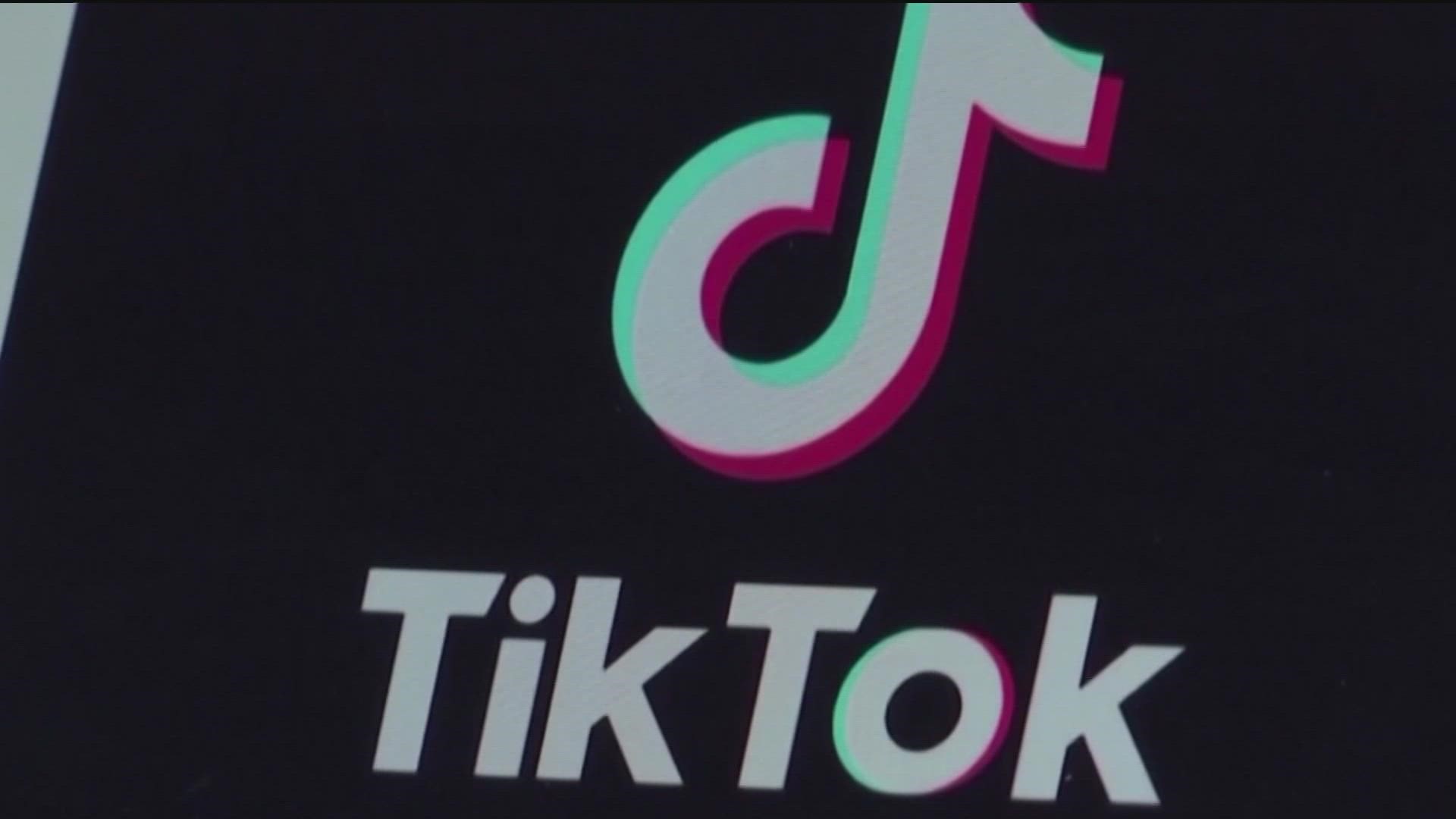SAN DIEGO — An increased number of teens are turning to social media apps like TikTok to diagnose possible mental health disorders.
Mental health professionals, however, are alarmed that many young people may be misdiagnosing themselves and pursuing treatment without professional help.
Much of that content on mental health issues created by users and disseminated thru social media platforms like TikTok is not created by mental health professionals.
While a lot of young people point out that these videos can be extremely helpful in feeling less alone, and also reducing the stigma surrounding mental health, many experts are concerned about the potential drawbacks.
"In the past, people didn't have internet or just technology in general," said Canyon Crest Academy senior Mari Simavonyan.
For teens and young adults today, social media has proven to be a game-changer.
"I think of it as kind of a 'new age of information'" said fellow Canyon Crest Academy senior Logan DeBoer.
In recent years, especially during the pandemic, one of the most searched topics among younger users has been 'mental health,' with social media apps like TikTok, Instagram and Facebook providing an endless supply of user-generated content on everything from depression and anxiety to bipolar disorder and borderline personality disorder.
"It is pretty easy to be like, oh yeah, I have those symptoms," Simavonyan told CBS 8. "And it's not necessarily great to self-diagnose, but I feel like if you know the information you can go to a psychiatrist and ask about it, and get a diagnosis from a professional."
A study released earlier this year, which analyzed 100 videos with the hash tag 'mental health' that collectively garnered over a billion views, indicated that teens are turning to TikTok as a source of support.
While this unfiltered access can help reduce the stigma often associated with mental illness, mental health therapist NaTasha Thorne said that this raises concerns that some teens may be forming inaccurate mental health diagnoses, and pursuing treatment without professional guidance.
"ADHD, a lot of times is depression and anxiety," Thorne said. "It becomes almost a self fulfilling cycle and reinforcing, 'Oh yeah... I have that!'"
While mental health experts urge adolescents who believe they may need help to seek professional guidance, many teens point out that not all families have equal access or can afford professional help: while nearly all have access to the Internet.
"For the time being, if you're not in a position to get a professional diagnosis, it's best to educate yourself as best as possible on the issue and really try to look toward seeking professional help from a therapist or a psychiatrist or someone like that," DeBoer added.
A spokesperson for TikTok told CBS 8 "we strongly encourage individuals to seek professional medical advice if they are in need of support," adding that the company is continuing to invest in digital literacy education aimed at helping people evaluate online content.
Parents can play a crucial role in helping their teens, especially younger teens, navigate social media apps and the Internet in general.
TikTok has created a "Guardian's Guide" to help parents in that process: click here for a link.
WATCH RELATED: Inside TikTok's terms of service (Sep. 2022).

